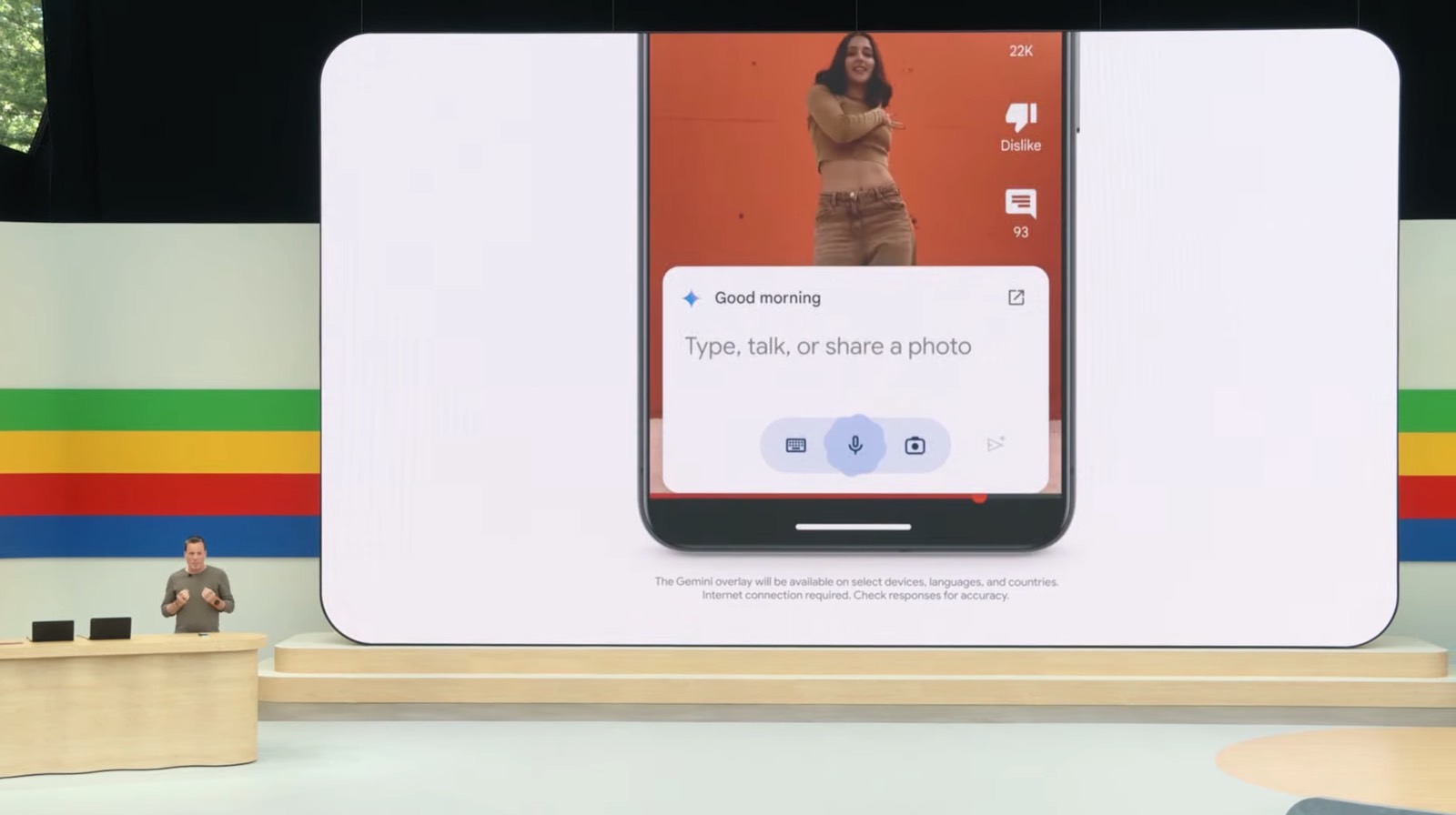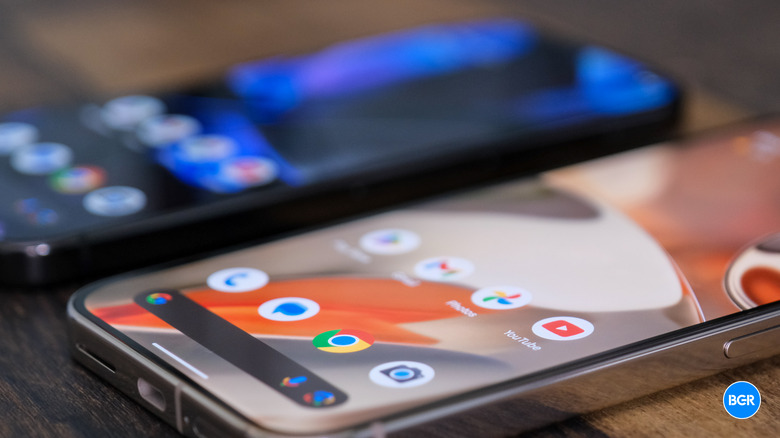Does Android 15 Even Matter?
When Google unveiled the Pixel 9 series almost two weeks ago, I expected the new phones to ship with Android 15 preloaded. That's Google's newest Android update, which usually comes out before Pixel phones. However, Google did things differently this year. The Pixel 9 launch was two months earlier than past Pixel releases. Google seemingly wanted to have its AI phones in stores before the iPhone 16 arrived.
I explained in an earlier article that 2024 gives Google a unique opportunity to fight the iPhone. The arrival of AI has leveled the playing field in some respects, as most of Apple's iPhones won't support Apple Intelligence. Also, Apple will roll out Apple Intelligence features in stages, while Pixel 9 comes preloaded with tons of AI features out of the box.
But Google didn't mention any other Android 15 features during the Pixel 9 event. It focused solely on Gemini AI features that are available right now in Android 14, as well as new stuff that isn't coming for another few months. It's as if Android 15 is an afterthought. And it's not the first time that Google has done that this year.
Guaranteed early access to Google's latest Android updates was a good reason to buy Nexus and Pixel devices. It still is, with Pixel phones being the first to get the latest Android updates. But it's clear that Google's biggest priority right now is Gemini AI.
The Pixel 9 event was the second keynote of the year, where Android 15 had no place. It first happened at I/O 2024 in May. The main keynote was all about AI, with Android 15 getting only a small segment. Even then, Google made it about the AI features coming via Android 15. The mobile operating system would be built around AI. It was only a day later that Google announced new Android 15 features.

Then came the Pixel 9 event, where Google focused on all the new Pixel 9 exclusive AI tricks that are available right now. They're now available via AI running on Android 14 rather than Android 15.
The message seems to be that we might soon reach a place where the underlying operating system will not matter as long as the OS can run AI. That non-AI features will not be as important, as AI will indeed be at the center of everything.
This could solve Android fragmentation in a few years. If AI is a phone's most important feature, and all Android phones can run Gemini AI or a variation of it (Galaxy AI with some Gemini elements is an example of that), it doesn't matter what Android version you're running. The user interface differences between Android 14, 15, 16, 17, and beyond might become minimal.
All you'd need for these phones are security updates to ensure they're safe for the user. And the user might not even care what Android release they're rocking. That might be especially true for computing experiences involving less looking at apps on screens and more talking to the AI. If Gemini can get things done for you by following voice instructions, you won't care as much about app design updates.
That doesn't mean Google will stop adding non-AI features to Android phones or stop improving software design. But it might not make a big deal of every new Android iteration when all it cares about is the onboard AI.
I'll also point out that the Pixel 9 phones come with seven years of Android updates. But since they ship with Android 14 instead of 15, how do you count them? The Pixel 8, which launched with Android 14 on board, also gets seven years of updates.
Thankfully, Google's support page sheds more light on that matter. Pixel 9 phones will get Android updates through August 2031. That might mean Android 22 instead of Android 21. The Pixel 8 phones will get updates until October 2030.
Things are different with Apple's iOS 18 release. The software update packs various non-AI features that iPhone users will immediately enjoy. In fact, hundreds of millions of iPhone devices will get the non-AI version of iOS 18 because they can't support Apple Intelligence.
In the future, all new iPhones will get Apple Intelligence support. AI will also sit at the core of the iPhone soon. It'll be interesting to see how Apple tackles iOS design and non-AI features once that happens.
Then again, what's happening with Android 15 might be all a string of coincidences that Google won't repeat next year. Android 15 wasn't ready for the early Pixel 9 launch, and it could all be an exception. Maybe the Pixel 10 will launch with Android 16 on board. And maybe Google will make a bigger deal about Android next year.
